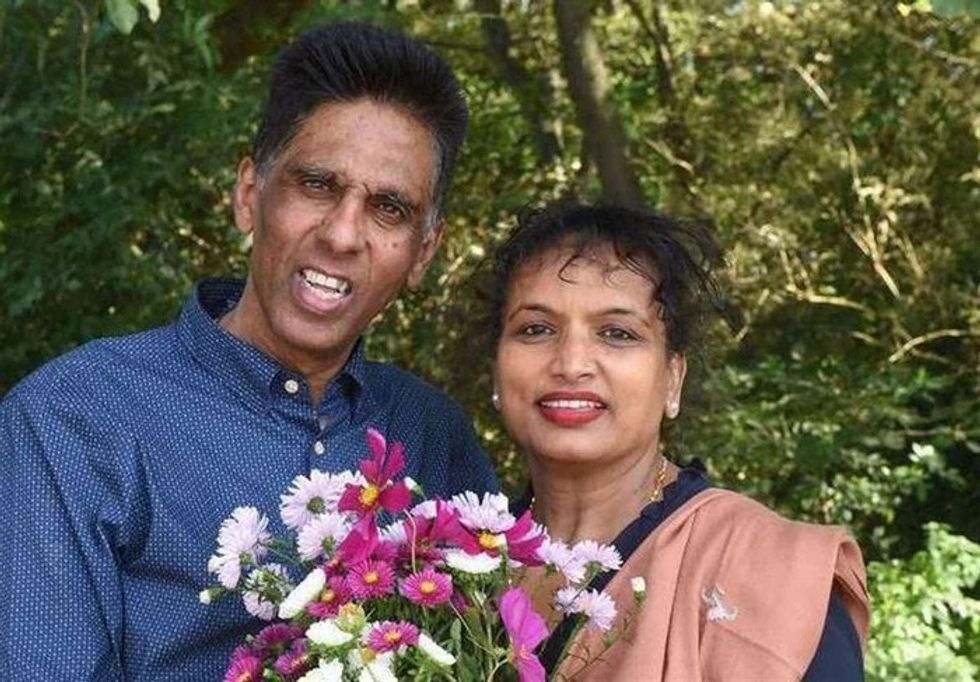BRITISH MPs on Monday (18) gave their initial backing to legislation ending free movement of workers with the European Union, but the vote was overshadowed by a row over foreign healthcare staff and coronavirus.
The bill would abolish the special immigration status for citizens of the EU, the European Economic Area and Switzerland when a post-Brexit transition period expires on December 31.
It does not give details of what new controls would be introduced, but Prime Minister Boris Johnson has already outlined plans for a points-based immigration system that prioritises migrants with high-skilled jobs.
The desire to control Britain's borders, namely ending the free movement of labour with the other 27 EU nations, was a key driver of the 2016 referendum vote to leave the bloc.
Priti Patel told the House that the new system "play a vital role" in Britain's recovery from coronavirus.
“A firmer, fairer and simpler system that will attract the people we need to drive our country forward through the recovery stage of coronavirus laying the foundation for a high wage, high skill, productive economy,” added the home secretary.
But Labour MP Nick Thomas-Symonds accused the government of alienating the people Britain relied on during the outbreak.
Migrants will be expected to earn at least £25,600 a year under the new system, the government has said -- below the national median of £30,420, but more than many health and social care jobs are paid.
"It is rank hypocrisy towards our National Health Service (NHS) and care workers... to stand and clap for them on a Thursday night, and then tell them that they are not welcome in the UK on a Monday," Thomas-Symonds said.
He was referring to the weekly practice in Britain to applaud care workers for their work tackling the coronavirus.
Just over 13 per cent of staff in the state-run NHS have a non-British nationality, and 5.5 percent are from other EU countries, according to official figures.
Patel, however, noted the government has already introduced a fast-track visa for doctors, nurses and other health professionals.
In addition, it has promised an automatic one-year visa extension for frontline health and care workers already in Britain, whose visas are due to expire before October.
Labour and other opposition MPs voted against the bill in its first stage, but it was passed by 351 votes to 252.
Britain left the EU on January 31 after years of political wrangling over how to implement the result of the Brexit vote.
But it agreed a standstill transition with Brussels until the end of December, during which free movement continues, to allow the two sides to agree a new relationship.
Ireland will be exempt from the new immigration controls, due to a common travel area with Britain dating to before they both joined the EU in 1973.
















 Davindra and Seema Misra, and Vijay and Gita Parekh
Davindra and Seema Misra, and Vijay and Gita Parekh Varchas Patel with his father Vipin and mother Jayshriben
Varchas Patel with his father Vipin and mother Jayshriben Hasmukh Shingadia and his wife Chandrika were all victims of the Horizon scandal
Hasmukh Shingadia and his wife Chandrika were all victims of the Horizon scandal


Man pleads not guilty to murder of BBC presenter's family